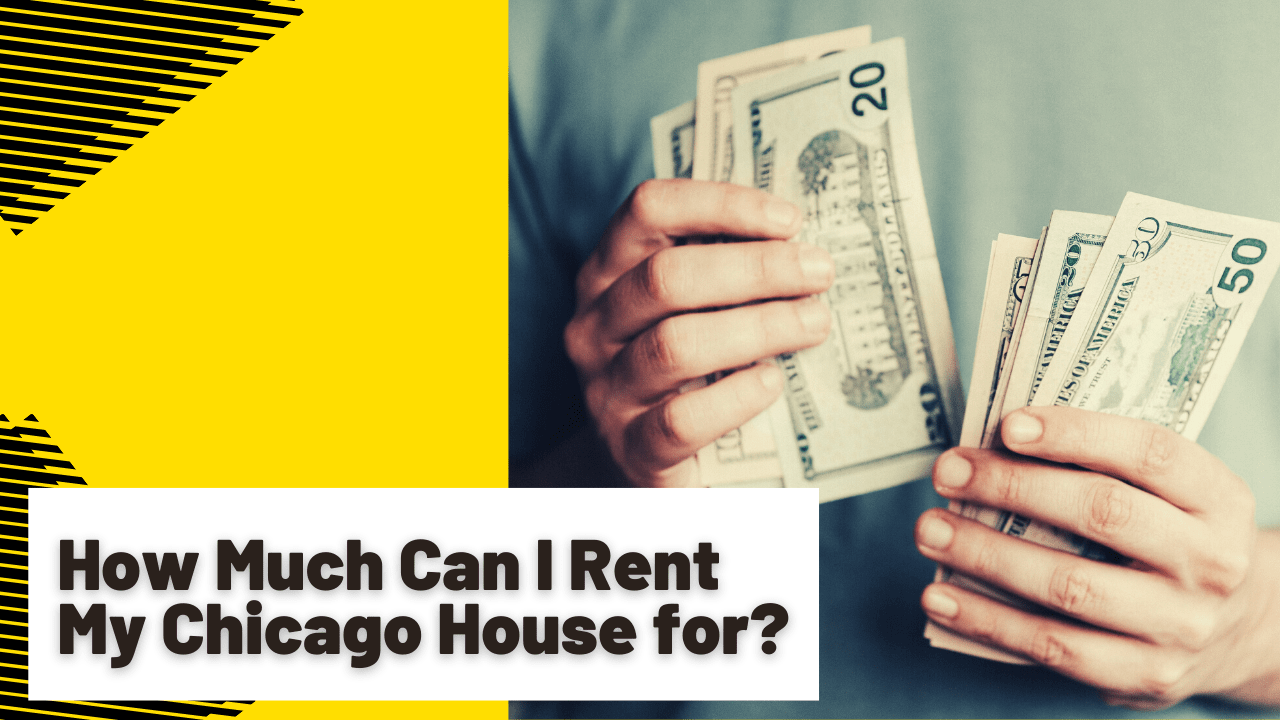Owning a rental property in a city like Chicago is both rewarding and challenging. Rewarding because it can fetch you a good monthly income in the form of rent, and challenging because at times it becomes a bit difficult to determine the rent of such property.
However, with the right advice, you can easily figure out the ideal rent for your property. Here are some of the factors you need to consider that affect the rent of a
Chicago investment property.
Factors Affecting the Rent of a Property in Chicago
#1. Nature of the investment property
The type of property that you want to rent out and the features that it offers are the prime factors in determining its rent. For instance, a commercial property usually has higher rent than a residential property. Further, if you own a Chicago single family home, you can definitely charge more rent than for an apartment. There are several considerations that affect the rent of a property. These include:
- Square footage
- Number of stories
- Number of rooms and bedrooms
- Number of bathrooms
- Number of balconies, gardens, and other open spaces
#2. Average Rent in your Neighborhood
The neighborhood in which your Chicagoland property is located also plays a major role in determining its rent. Some localities like Gold Coast, Streeterville, West Loop, and River North are the most prime areas of Chicago; owning a property in those neighborhoods means you can expect a higher rent.
Other localities that are more modest, like Logan Square, Avondale, Irving Park, Uptown, etc. have rentals that are more economical, so you need to charge rent accordingly. Find the average rent in your neighborhood, assess the condition of your property as compared to the surrounding properties and accordingly decide on the final rent.
#3. Demand for Housing
The Chicago rental market is one of the most volatile markets in the US, hence the rent of properties varies as per the demand for housing. When you’re trying to figure out the ideal rent for your Chicago property, keep seasonality and the potential price fluctuations in mind.
#4. HUD Fair pricing policy
The rent you charge for your Chicago investment property is determined, to a certain extent, by the US Department of Housing and Urban Development (US HUD). The HUD has a fair pricing policy that defines how much maximum rent a property owner can charge for a property in any city.
Deciding the Right Rent Amount









